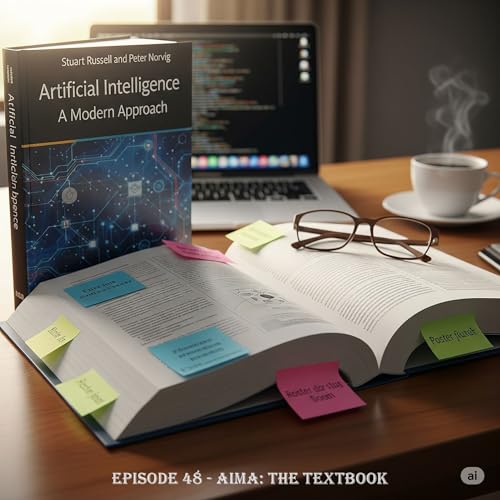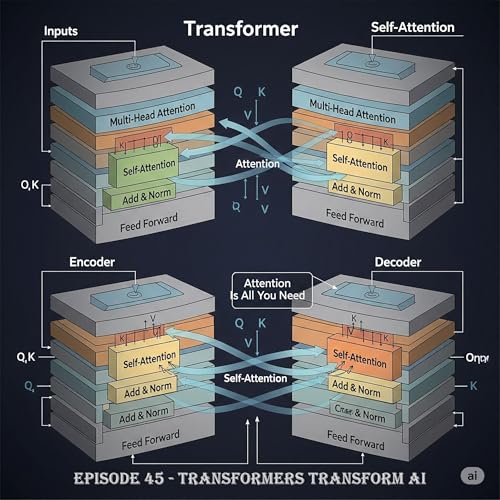This episode offers a deconstruction of the term "artificial intelligence," cutting through the layers of hype and science fiction to reveal the core, underlying reality of the technology. It argues that at its heart, modern AI is not about creating conscious, thinking machines in the human sense but is fundamentally a prediction technology. These systems are incredibly powerful statistical engines, designed to take in vast amounts of data and use that data to make probabilistic predictions about the future. This reframing, from "thinking" to "predicting," is presented as a crucial step in developing a more clear-eyed and realistic understanding of what these systems can and cannot do.
The episode explores the profound implications of this shift to a prediction-based paradigm. It explains how, as the cost of prediction falls, we will see it being applied to an ever-expanding range of problems, from automating routine tasks to making high-stakes decisions in areas like medicine and finance. The discussion also delves into the complex power dynamics that are emerging in this new, prediction-driven world, highlighting how the ability to make accurate predictions is becoming a key source of both economic and political power.
Ultimately, the episode serves as a call for a more critical and informed public dialogue about the future of AI. It argues that we need to move beyond the often-misleading and anthropomorphic language that surrounds the field and instead focus on the real, practical questions of how this technology is being used, who is benefiting, and what the long-term consequences might be. The conversation concludes by stressing the importance of transparency, accountability, and a deep commitment to ensuring that this powerful prediction technology is used in a way that is safe, equitable, and beneficial for all.
 2025/08/291 分
2025/08/291 分 2025/08/2848 分
2025/08/2848 分 2025/08/2835 分
2025/08/2835 分 2025/08/2833 分
2025/08/2833 分 2025/08/2834 分
2025/08/2834 分 2025/08/2821 分
2025/08/2821 分 2025/08/2834 分
2025/08/2834 分 2025/08/2837 分
2025/08/2837 分
